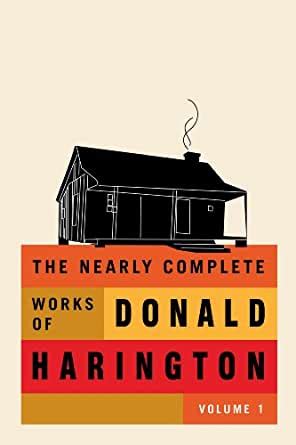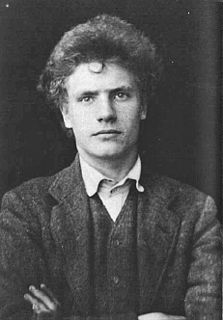A Quote by Donald Harington
Words themselves are all the ghosts we need.
Quote Topics
Related Quotes
Words are delicate instruments: How to use them so that, after having read the poem, the taste remaining is not of the words themselves, but of a thought, a situation, a parallel reality? If not used appropriately, words in poetry are like the ugly remains of food after eating. What I mean is that readers will reject words if they don't serve to shift attention from themselves to somewhere else.
We need to send our words out in the direction we want them to go. In other words, we need to start talking victory when we’re staring at defeat. We need to start talking healing when we’re feeling sick. We need to start blessing and prosperity when we don’t have anything. We need to speak about marching when we feel like quitting.
There are two parts to the human dilemma. One is the belief that the end justifies the means. That push-button philosophy, that deliberate deafness to suffering, has become the monster in the war machine. The other is the betrayal of the human spirit: the assertion of dogma that closes the mind, and turns a nation, a civilization, into a regiment of ghosts--obedient ghosts or tortured ghosts.
Yes, things happened to me - brutal things - but I'm not going to give them so much clout by dwelling on them, empowering them to haunt my heart years after the events transpired. And no good comes from that. These ghosts don't need us to help them stay alive. If we're after real deal healing, these ghosts must desiccate.
The dictionary is like a time capsule of all of human thinking ever since words began to be written down. And exploring where words have come from can increase your understanding of the words themselves and expand your understanding of how to use the words, and all of this change happens in your thinking when you read the words.
Darken your room, shut the door, empty your mind. Yet you are still in great company - the Numen and your Genius with all their media, and your host of elementals and ghosts of your dead loves — are there! They need no light by which to see, no words to speak, no motive to enact except through your own purely formed desire.



































